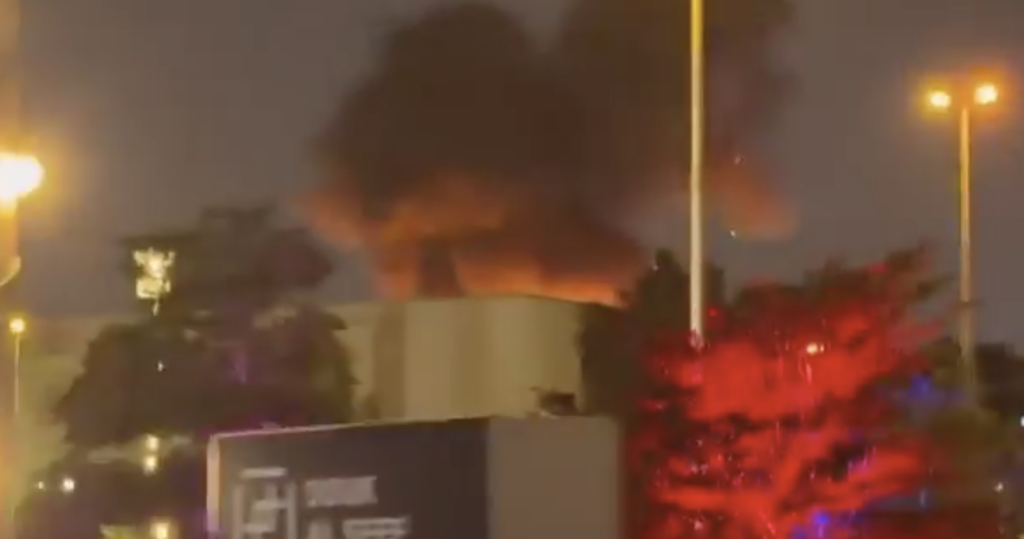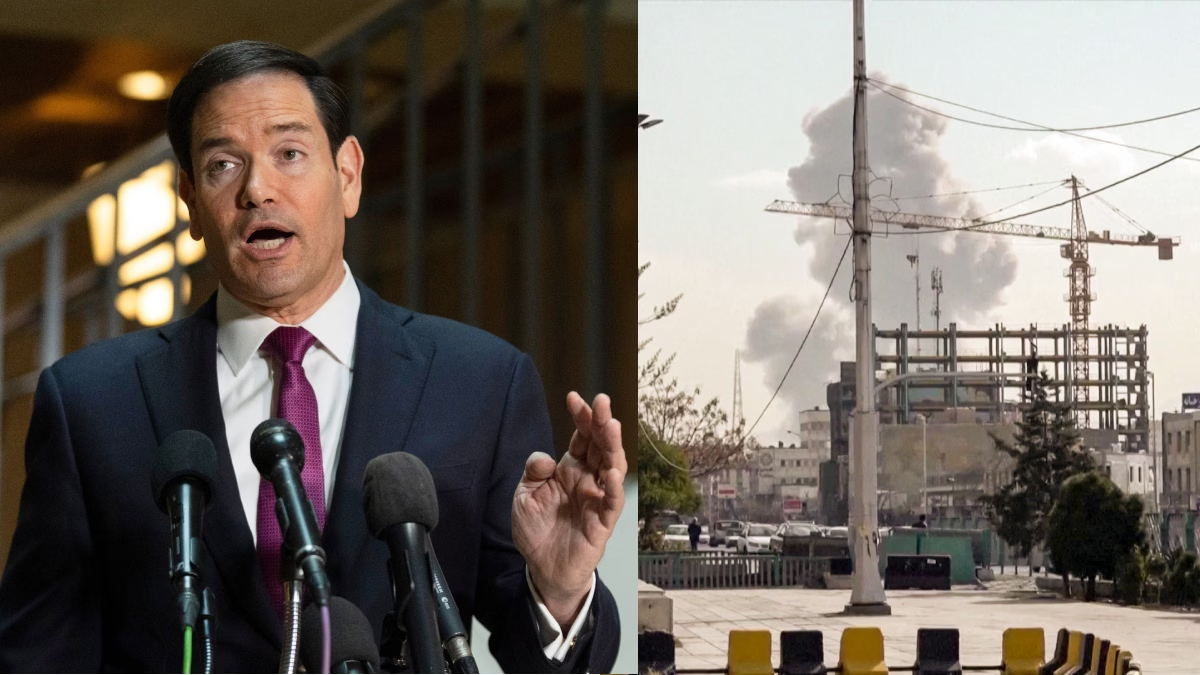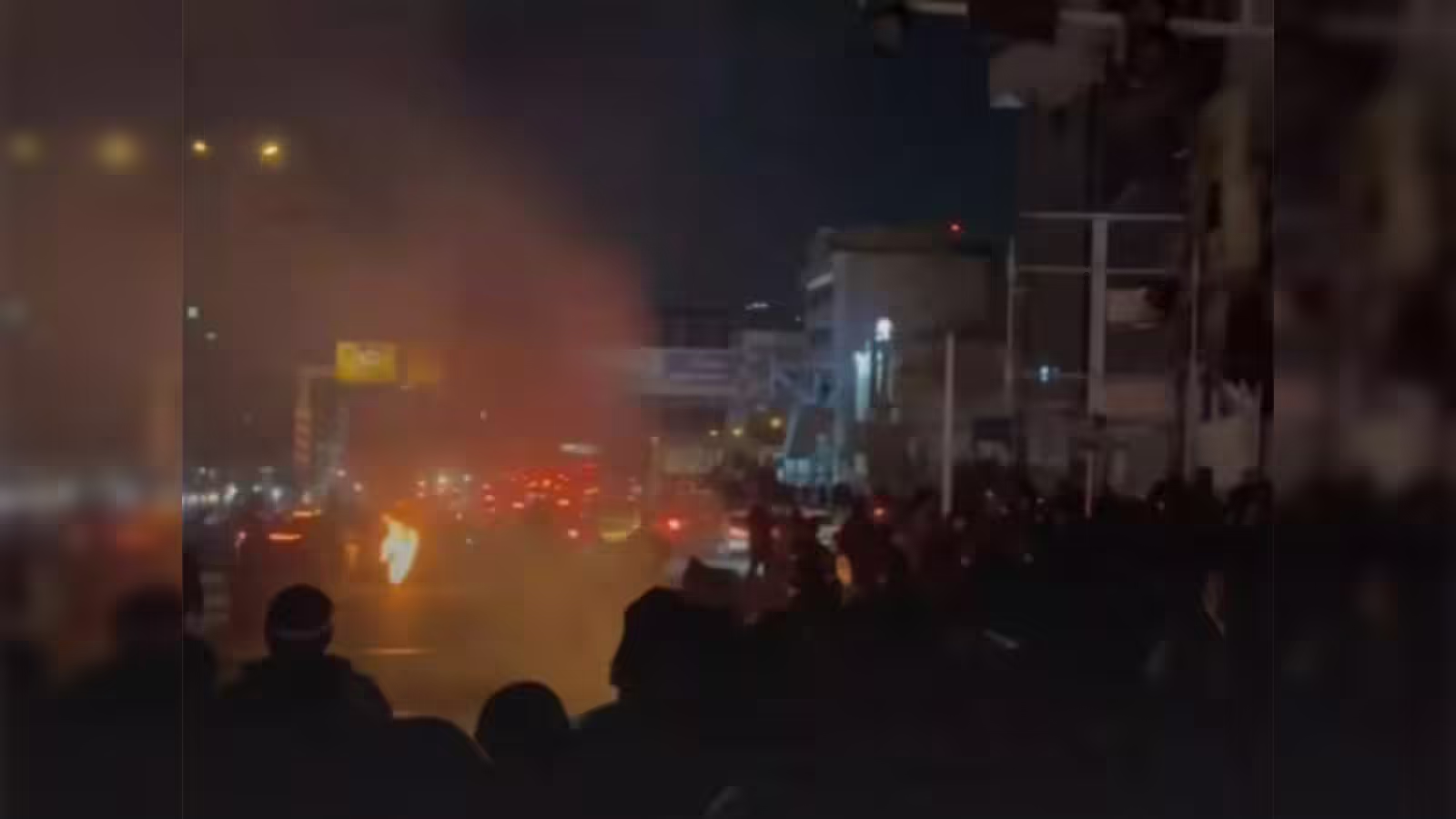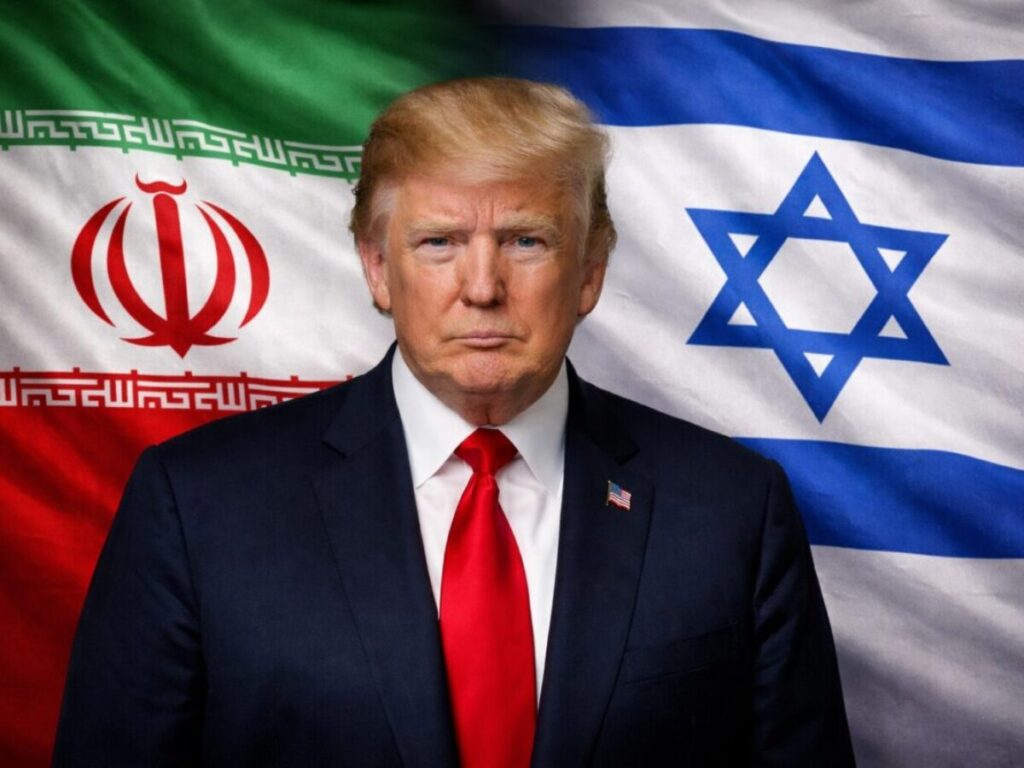
Iran views its missile program, rather than uranium enrichment, as the primary sticking point in upcoming nuclear talks with the United States, according to an Iranian official involved in the negotiations. The talks are set to resume on Saturday in Oman.
The two sides recently agreed in Rome to begin crafting a framework to resolve the long-standing dispute over Iran’s nuclear activities. U.S. President Donald Trump has warned of military action if no deal is reached. While both sides seem to have made progress on uranium enrichment, Iran’s missile program remains a significant hurdle, the official said.
Iranian negotiators left Rome believing that the U.S. had accepted Tehran’s position of not completely ending its uranium enrichment or giving up its enriched stockpiles. However, the missile program is still a major issue. U.S. Secretary of State Marco Rubio reiterated this week that Iran must halt all uranium enrichment under any agreement and import any needed enriched uranium for its Bushehr atomic plant.
The Iranian official dismissed this position as “a new media stance,” saying it would not help advance the talks. Iran has maintained that its missile program is non-negotiable. “Our defensive capabilities are not open to discussion,” the official emphasized.
The U.S. has expressed concerns that Iran’s uranium enrichment could lead to the development of a nuclear warhead and that the country might seek to build missiles capable of carrying such a warhead. Iran, however, insists its nuclear program is for peaceful purposes, such as electricity generation, and denies any intentions of developing nuclear-capable missiles.
The talks, facilitated by an Omani official, will be the third round of negotiations, following earlier discussions in Oman and Rome. On Friday, Trump expressed willingness to meet with Iran’s Supreme Leader Ayatollah Ali Khamenei or President Masoud Pezeshkian, signaling hope for a potential deal.
During his first term, Trump withdrew the U.S. from the 2015 nuclear agreement, which imposed limits on Iran’s nuclear activities in exchange for sanctions relief. Since then, Iran has increased its uranium enrichment, while a U.N. resolution that endorsed the deal also imposed restrictions on Iran’s missile program.
The Iranian official reaffirmed Tehran’s position that it would not go beyond the commitments made in the 2015 deal, including refraining from developing missiles capable of carrying nuclear warheads, which Iran views as a “gesture of goodwill.”
European diplomats have suggested that a comprehensive deal should also address limits on Iran’s missile capabilities to prevent it from acquiring the means to launch a nuclear warhead. However, Iranian officials have consistently rejected discussions on this issue.




